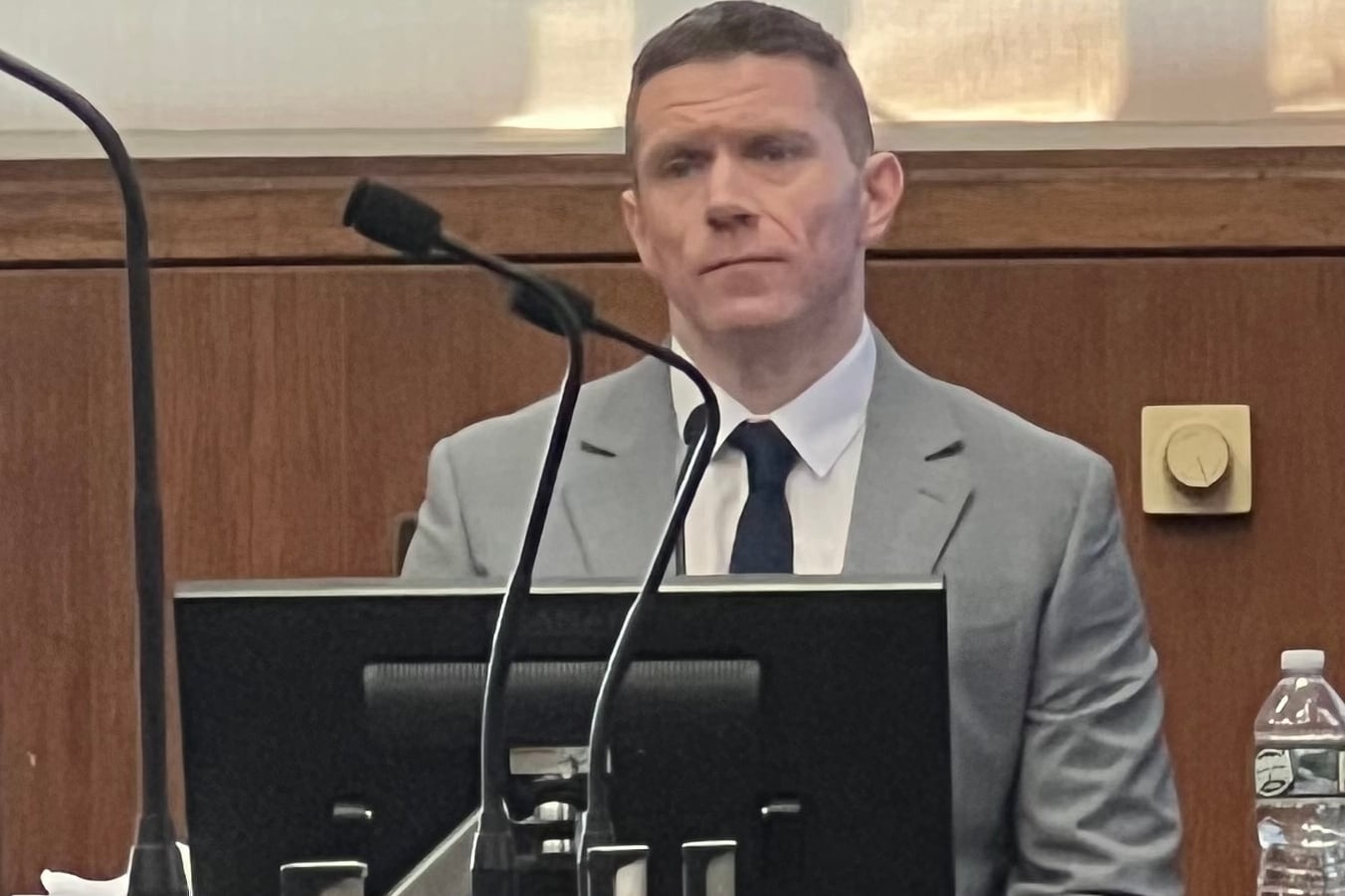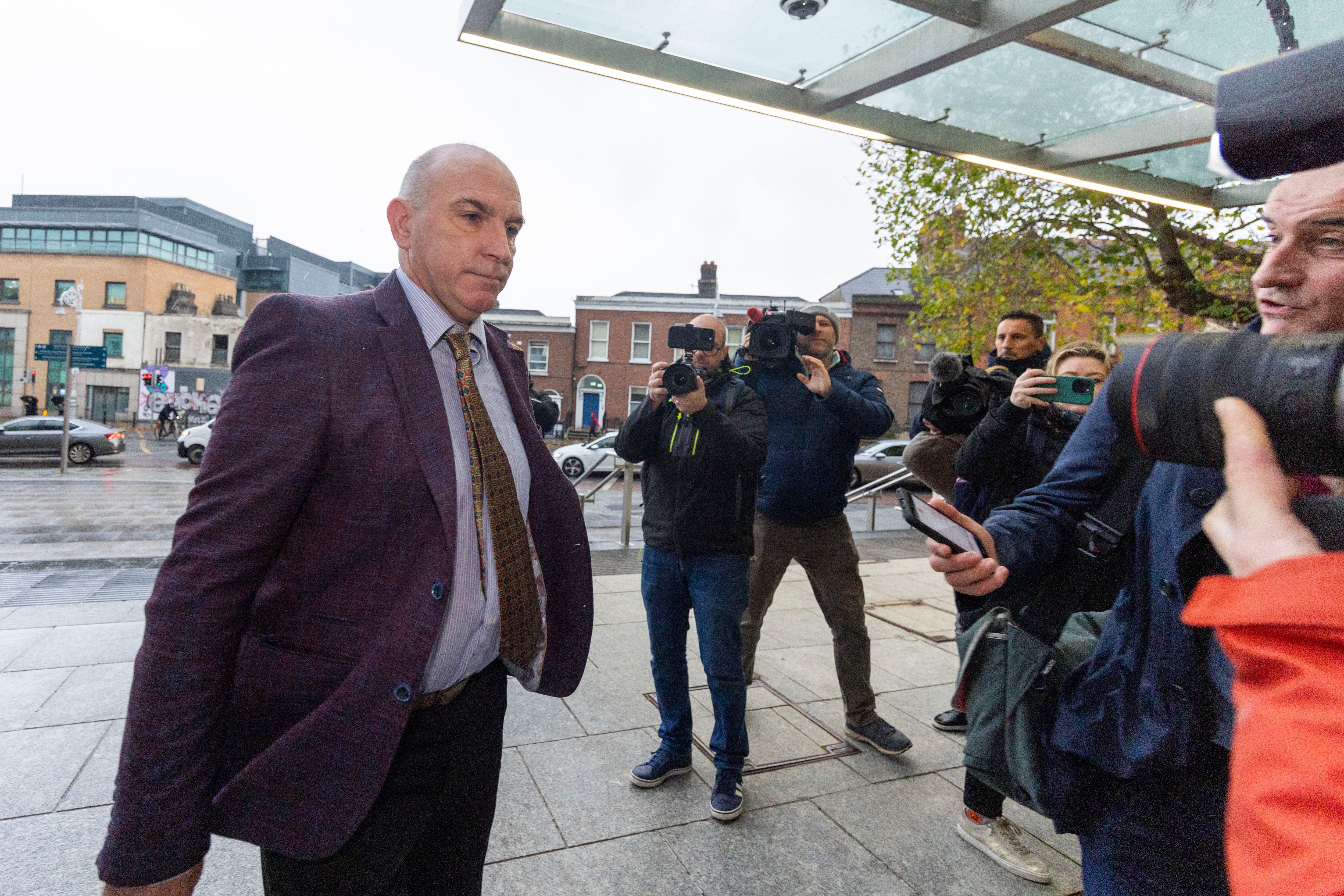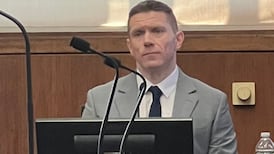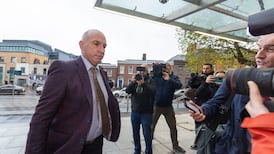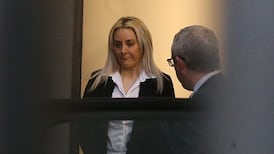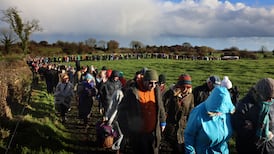It was the day they have waited more than half a century for.
To be precise, they have waited 53 years, seven months and just over two weeks since January 30th, 1972, when members of the British Army’s Parachute Regiment opened fire on anti-internment marchers in Derry’s Bogside, killing 13 people. A 14th died later.
[ Soldier F stands trial on two Bloody Sunday murder charges ]
Finally, on Monday, that wait came to an end, with the beginning of the trial of Soldier F, the first soldier to be prosecuted for his actions on the day that became known as Bloody Sunday.
The former member of the Parachute Regiment is accused of the murder of William McKinney and James Wray, and five counts of attempted murder. He denies the charges.
READ MORE
“Today marks a momentous day in our battle to secure justice for our loved ones who were murdered on Bloody Sunday,” Mr McKinney’s brother John told reporters outside Belfast’s Laganside court complex.
“It has taken 53 years to get to this point and we have battled all the odds to get here.”
He was among those who led the march to the court on Monday morning, alongside other relatives and supporters holding aloft portraits of the dead, just as they had done at countless rallies and commemorations and hearings over the decades.
That campaign secured a public inquiry into Bloody Sunday, chaired by Lord Saville, which in 2010 found the killings “unjustified and unjustifiable” and the victims innocent; there was subsequently an apology from the British government.
It also secured the trial that began today; though proceedings began in 2019, a separate legal development meant the case was discontinued and only reinstated after a legal challenge by the families.
“Everything that we have achieved to this point has been through a relentless commitment and a refusal to lie down,” John McKinney said.
They would occupy the courtroom “very proudly with our heads held high and in the knowledge that, regardless of the ultimate outcome, we are on the right side of history”.
Inside the courtroom Soldier F, who is the subject of a court order protecting his anonymity, sat shielded by a black curtain.
Opening the case, Louis Mably KC, prosecuting, told the non-jury court their case was that “the shooting was unjustified” and unarmed civilians were “simply shot as they ran away. The shooting was unnecessary and it was gratuitous”.
The trial continues.


